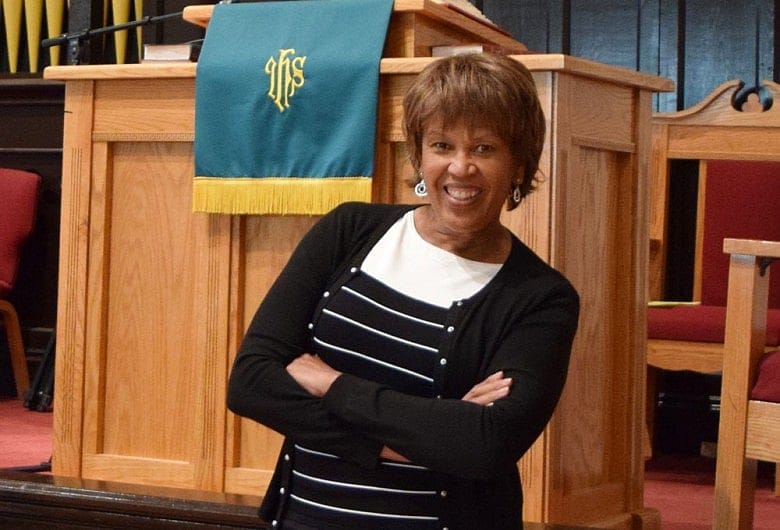The Rev. Liz Walker: Trading the evening news for the ‘good news’

ROXBURY – After 30 years as a renowned television journalist and the first black woman to co-anchor a newscast in Boston, the Rev. Liz Walker found a new calling: offering hope to Boston's most desperate citizens.
An ordained minister and the current pastor of Roxbury Presbyterian Church, Walker, 63, today offers "the good news" instead of the evening news she presented at WBZ-TV for more than two decades.

